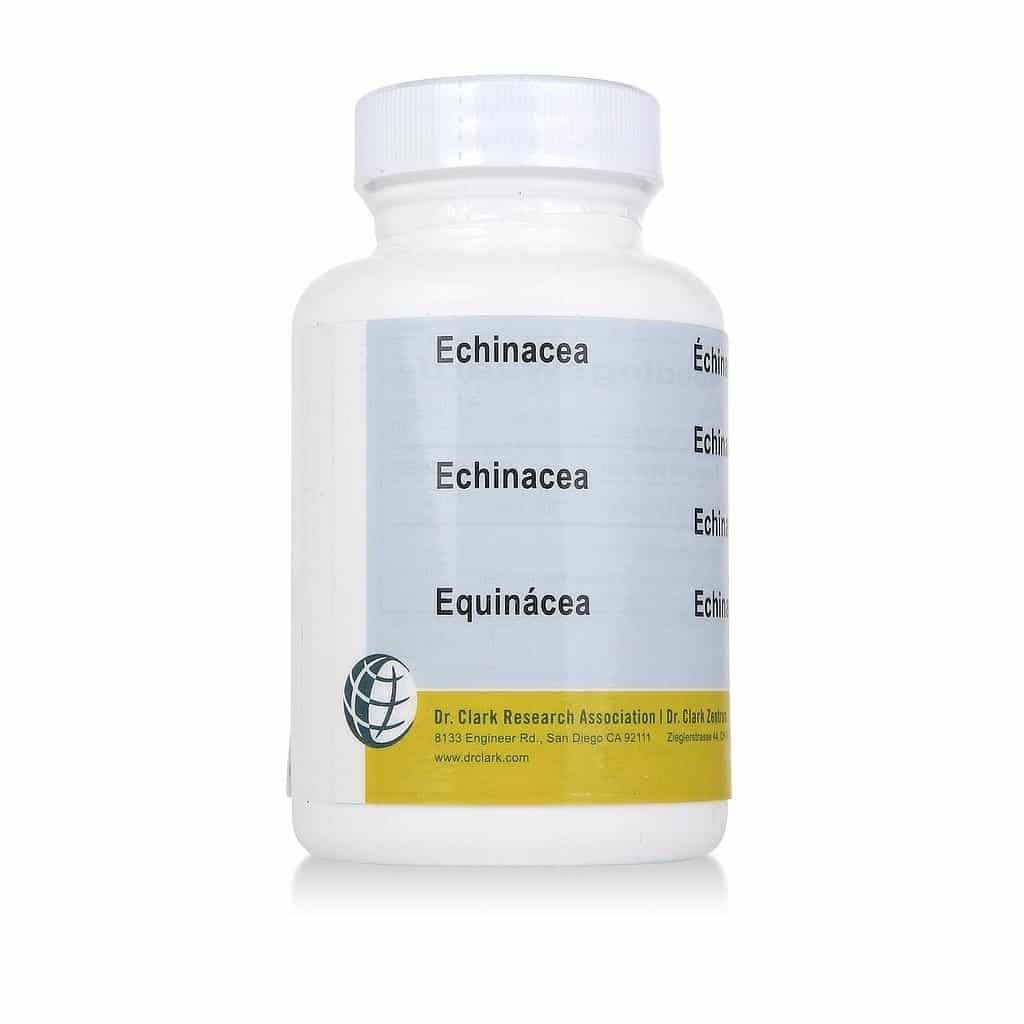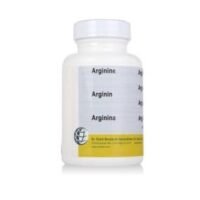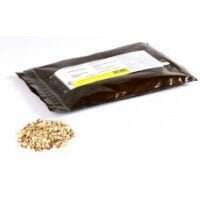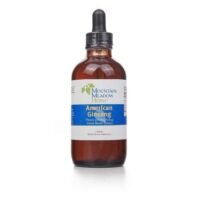No products in the cart.
Principales propriétés
L'échinacée a une activité sur le système immunitaire bien démontrée in vitro. L'un de ses composants, l'échinacoside, possède une action antibactérienne qui inhibe in vitro la croissance de certains germes (plus spécifiquement le staphylocoque doré, un streptocoque et le colibacille). Son activité sur le virus de l'herpès simplex est démontrée in vitro, tant en préventif qu'en curatif. Enfin, cette plante est efficace - toujours en laboratoire - sur le champignon Candida albicans et des parasites (les trichomonas).
Usages les plus fréquents
L'échinacée stimule les mécanismes de défense non spécifiques de l'organisme. Elle peut servir à la prophylaxie des états infectieux et constituer un traitement complémentaire aux médicaments des infections banales. Son tropisme pour la muqueuse ORL explique son efficacité dans les pharyngites, les amygdalites, les phlegmons, les abcès dentaires et les sinusites. De plus, son tropisme pour la sphère uro-génitale en fait un outil recommandé contre les colibacilles et les mycoses, notamment dans les cystites récidivantes, les urétrites, les infections prostatiques ainsi que dans les infections génitales ayant tendance à récidiver.
En résumé, l'échinacée est particulièrement conseillée lors d'infections des voies respiratoires supérieures (nez, gorge, larynx) et infections urinaires chroniques.
Dosage conseillé
En préventif : 4 gélules, 1 fois par jour.
En curatif : 4 gélules, 3 fois par jour.







